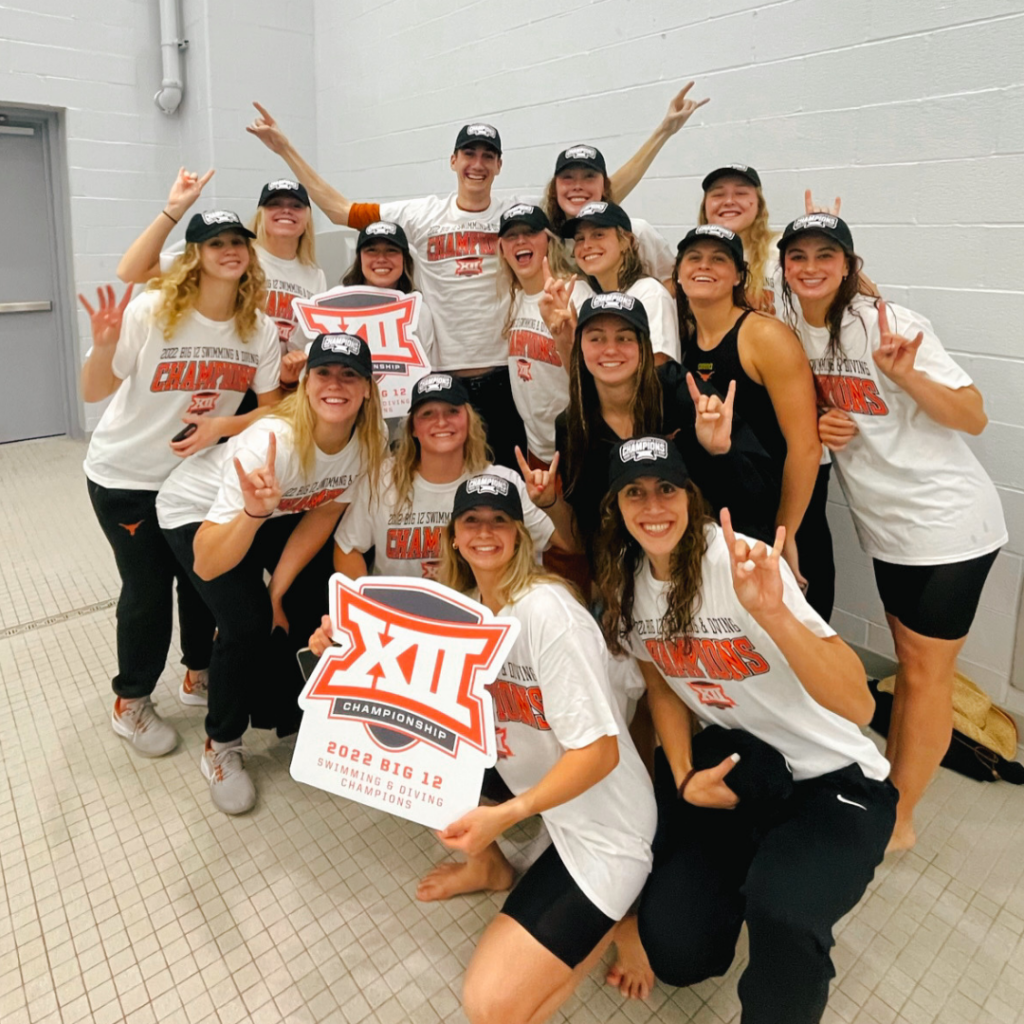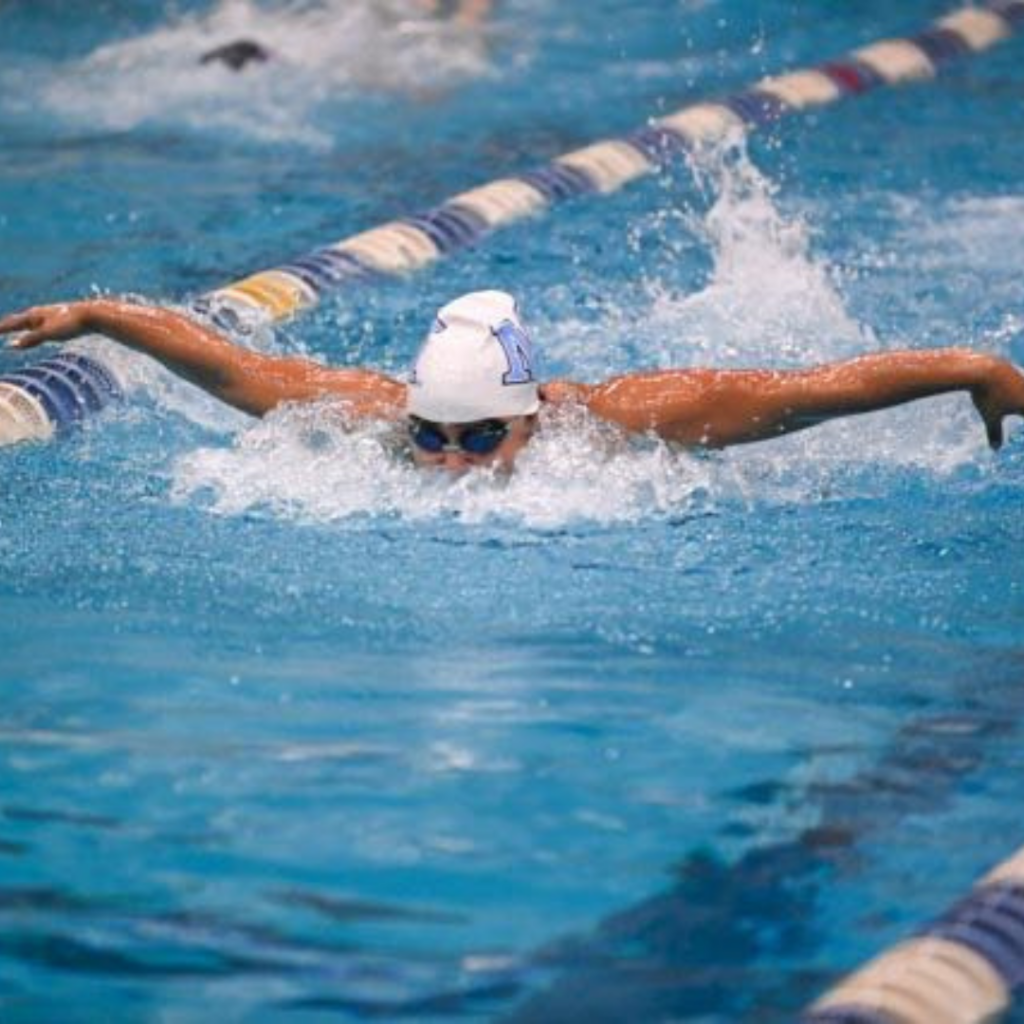Boston College multi-sport athlete understands the importance of balance
Boston College multi-sport athlete Sydney Segalla may only be a sophomore, but the soccer and track star has already carved out a key role in both programs at her school. The 19-year-old committed to Boston College at the age of 15 and didn’t start running track until her senior year of high school, but her athletic ability was of no doubt to coaches.

“Since I was already going to Boston College, the track coach just kind of reached out to me and was like since you’re already here, do you want to run track too?” Segalla said.
Segalla comes from a family of athletes with a dad who played baseball at Quinnipiac University and a sister who played six years of soccer at West Virginia. The recruiting and training process for her and her two little sisters had been made easier because of the family’s experience, but two Division I sports at once is no easy task.
Segalla has switched between positions on the soccer field and events in track, filling holes left by graduating players or injured teammates. As a freshman, she even helped break the program record in the 4×400-meter relay.
“I remember as we went to Louisville for ACC indoors for track,” she said. “I flew back a day earlier than everyone and played in the game versus Northeastern for soccer the next day.”
It is this dedication that has allowed Segalla to perform at such a high level. She stays conditioned year-round and continues to make technical strides in each of her sports. The physical attributes are prevalent, but the mental aspect is the most difficult part.

To combat the pressures of high performance and a busy schedule. Segalla’s secret to success is so simple yet oftentimes overlooked- sleep. She has felt mentally drained during the season, but a consistent sleep schedule goes a long way in keeping her healthy and happy.
“We have a lot of sports psychologists that like they’ve even reached out to me because they were like, ‘We know you have a lot going on if you really wanna chat,’” she added.
Her journey has by no means been a solo battle either. Her coaches and advisors are constantly supporting Segalla to be the best athlete and person she can be while remaining mindful of her mental health.
“[My soccer coach] was always open to me running track if he knew there was a possibility of me being successful,” she said.

When she isn’t around her teammates, Segalla finds herself trying to relax and take her mind off of sports. She is constantly in practice and working out, so it can almost be a breath of fresh air away from the field or track.
That being said, she knows she loves the competition and the idea of improving herself day in and day out.
“I feel like I just kept running myself to the ground when I didn’t need to,” she said.”People understand you need a break. Don’t be afraid. I ask my coaches sometimes ‘Hey guys, I need to take the day off’ and people understand that.”
Athletics is more than just physical ability, and Sydney Segalla knows that in order to break more program milestones she is going to need to be aware of how she is feeling. Peak performance is not about burning yourself out, but consistently making sure you can maintain the level of activity you strive for.
Segalla does just that.














